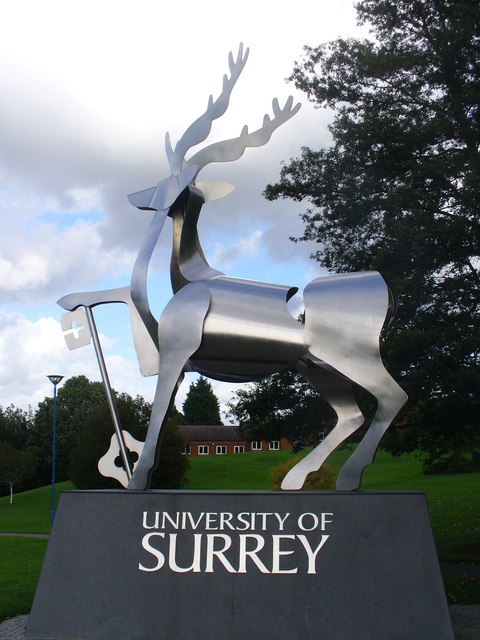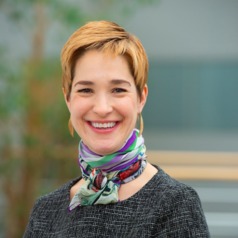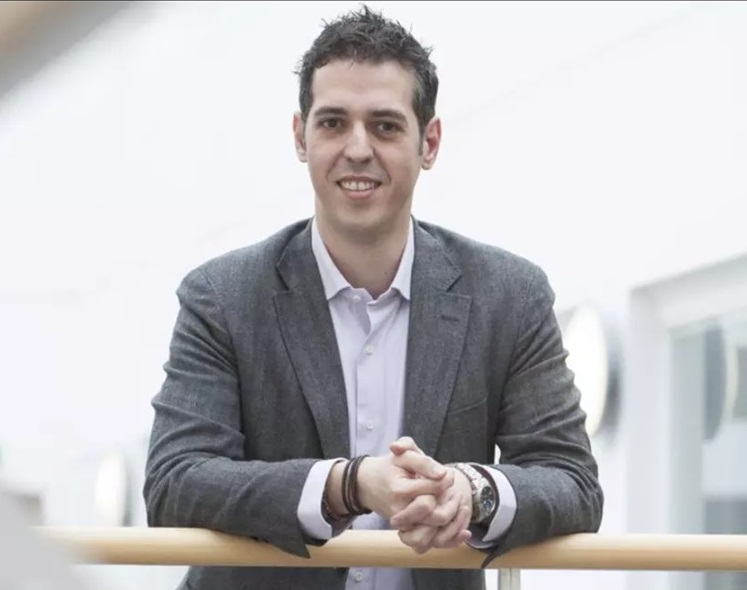 Abraham Lincoln
If given the truth, the people can be depended upon to meet any national crisis...
Abraham Lincoln
If given the truth, the people can be depended upon to meet any national crisis...
 Guildford news...
for Guildford people, brought to you by Guildford reporters - Guildford's own news service
Guildford news...
for Guildford people, brought to you by Guildford reporters - Guildford's own news service
University Wins EU Research Into Bleak State Of Eastern Europe’s Liberal Democracy
Published on: 12 Jul, 2022
Updated on: 12 Jul, 2022
The University of Surrey’s politics department has been awarded a £650k grant from the Horizon Europe research programme of the European Commission to try to understand why illiberalism has made a comeback on the continent.
And to provide ways forward of solving problems with EU democracy support.
 The title of the project is: REconfiguring EU DEMOcracy Support – Towards a sustained demos in the EU’s Eastern Neighbourhood (REDEMOS).
The title of the project is: REconfiguring EU DEMOcracy Support – Towards a sustained demos in the EU’s Eastern Neighbourhood (REDEMOS).
A new consortium of academics and leading think tank and policy practitioners will research why the state of democracy looks bleak for the Eastern European periphery in the shadow of the conflict in Ukraine.

Professor Amelia Hadfield, co-investigator on REDEMOS.
The Surrey team is led by Professor Amelia Hadfield and Professor Theofanis Exadaktylos.
Researchers say they will look into the full array of political and governance regimes in the EU’s eastern neighbourhood, ranging from flawed democratisation in Ukraine, Moldova, and Armenia, to democratic regression in Georgia and repressive authoritarianism in Belarus and Azerbaijan.
The goal is to suggest and create ways in which the European Union can support the promotion of democracy in its eastern neighbourhood, for example, in the context of the conflict in Ukraine.
Professor Amelia Hadfield said: “At a time when the future of democracy in Ukraine hangs in the balance, studying the concepts, practices and behaviours that make up both illiberalism and re-democratisation is more vital than ever.
“It’s vital that we understand all the political, cultural, and economic forces at play so that we can bring this illiberal wave to a halt.”
The funding covers a three-year project and includes 11 partner institutions, including non-EU partners in the UK, Norway and Switzerland, with a total budget of €3.7 million. Furthermore, from the EU Commission’s perspective, it is critically important that all the programme leads on the project are women.
Dr Madalina Dobrescu, lead investigator of the REDEMOS consortium at the Norwegian University of Science and Technology in Norway, said: “The war in Ukraine has poignantly showed the strategic importance of embedding and preserving democratic values in Europe and beyond.
“The brutal attack on Ukraine is not simply an assault on peace and sovereignty, but an evisceration of democracy itself. The EU must reconfigure its approach to democracy support, and we fully expect our REDEMOS project to break new ground in proposing a wholesale, radical reset in conceptualising, policy-making and implementing democracy in the eastern neighbourhood.
“We are proud to be associated with key partners from across and beyond the EU, including our Ukrainian colleagues at the Kyiv School of Economics.
“Equally important, if democracy is being forced out in these parts of Eastern Europe, then so too are the voices of marginalised groups, including women’s voices. This is why it is so powerful to have an all-female-led team exploring these existential issues for liberal democracy.”
Horizon Europe is the EU’s key funding programme for research and innovation. The programme tackles climate change, helps to achieve the UN’s sustainable development goals, investigates social and political current affairs in Europe and beyond, and boosts the EU’s competitiveness and growth.
Recent Articles
- Guildford Institute’s Crowdfunding Project for Accessible Toilet in its New Community and Wellbeing Centre
- Letter: Guildford – Another Opportunity Missed?
- Letter: GBC’s Corporate Strategy – Where Is the Ambition?
- My Memories of John Mayall at a Ground-breaking Gig in Guildford Nearly Six Decades Ago
- Westborough HMO Plans ‘Losing the Heart of the Street’ Says Resident
- College Invests to Boost Surrey’s Economy and Close Digital Skills Gap
- Community Lottery Brings Big Wins for Local Charities
- GBC Housing Plan Promises ‘A Vibrant Urban Neighbourhood’ Near Town Centre
- Hospital Pillows ‘Shortage’ at the Royal Surrey
- Updated: Caravans Set Up Camp at Ash Manor School


Search in Site
Media Gallery
Dragon Interview: Local Artist Leaves Her Mark At One of England’s Most Historic Buildings
January 21, 2023 / No Comment / Read MoreDragon Interview: Lib Dem Planning Chair: ‘Current Policy Doesn’t Work for Local People’
January 19, 2023 / No Comment / Read MoreA3 Tunnel in Guildford ‘Necessary’ for New Homes, Says Guildford’s MP
January 10, 2023 / No Comment / Read More‘Madness’ for London Road Scheme to Go Ahead Against ‘Huge Opposition’, Says SCC Leader
January 6, 2023 / No Comment / Read MoreCouncillor’s Son Starts Campaign for More Consultation on North Street Plan
December 30, 2022 / No Comment / Read MoreCounty Council Climbs Down Over London Road Works – Further ‘Engagement’ Period Announced
December 14, 2022 / No Comment / Read MoreDragon Interview: GBC Reaction to the Government’s Expected Decision to Relax Housing Targets
December 7, 2022 / No Comment / Read MoreHow Can Our Town Centre Businesses Recover? Watch the Shop Front Debate
May 18, 2020 / No Comment / Read More










Recent Comments